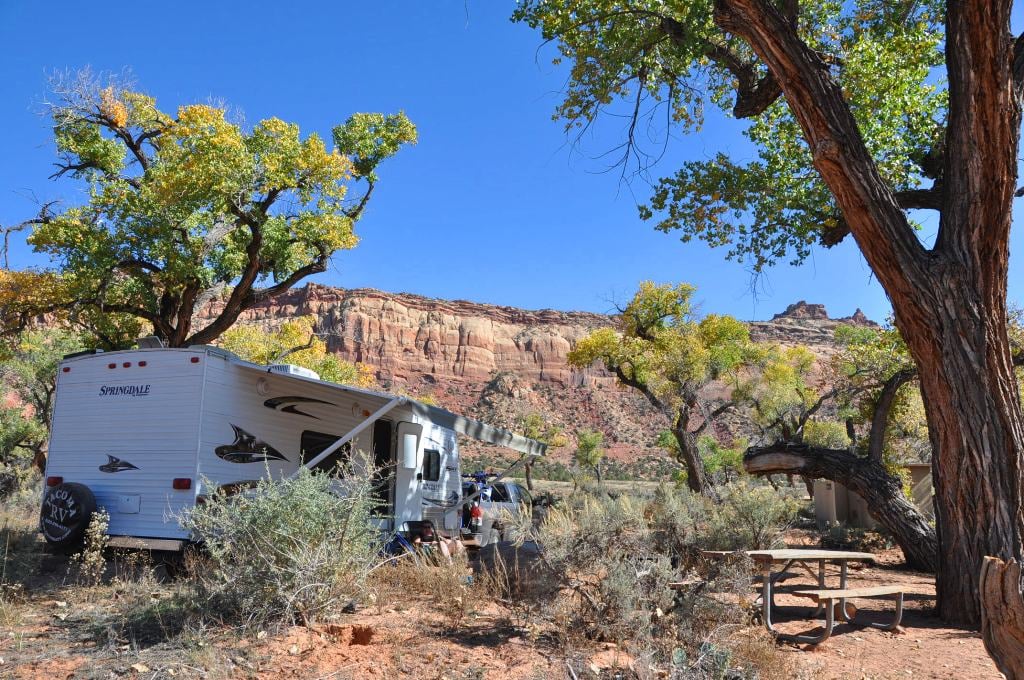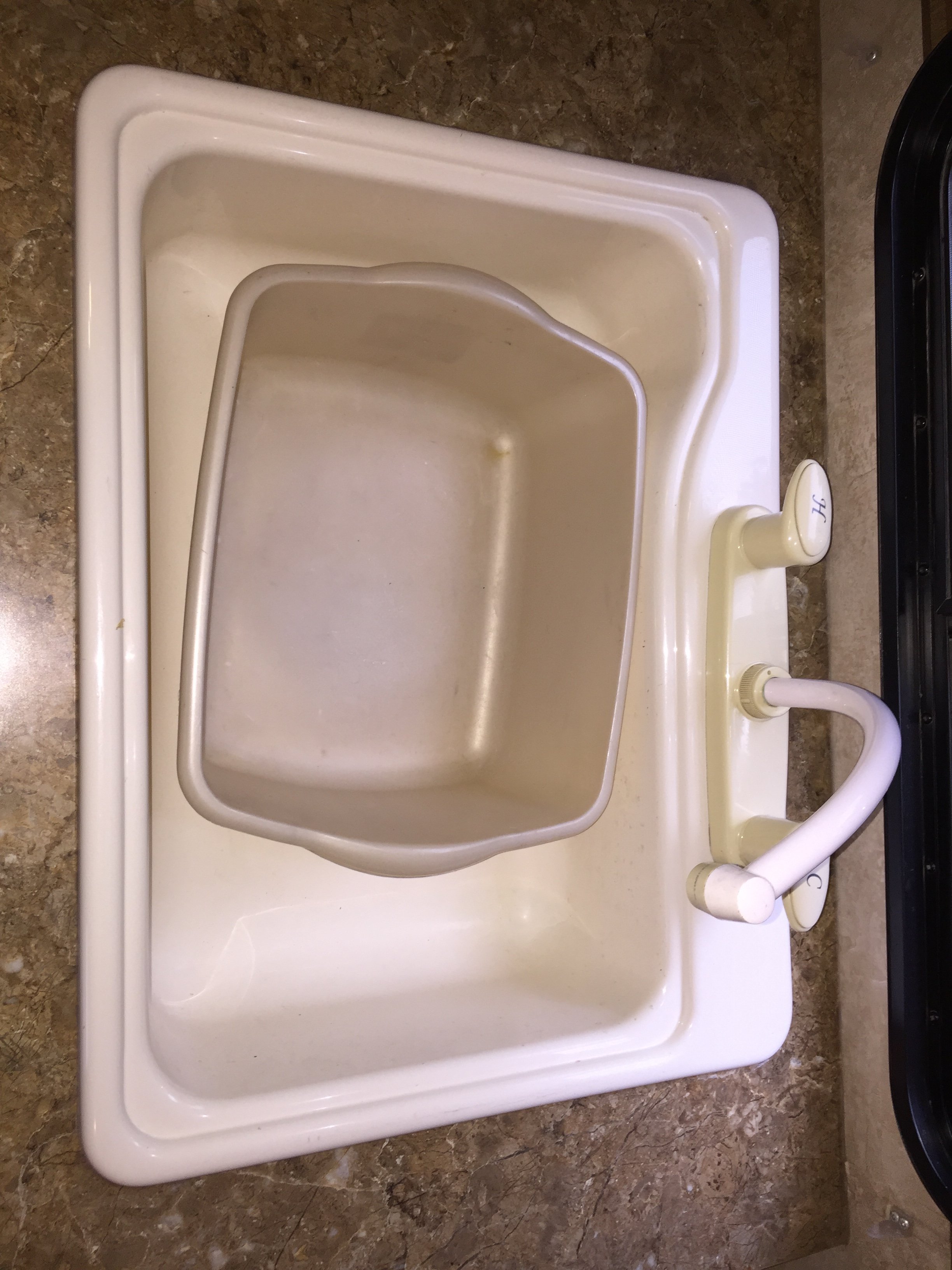7 Tips For Managing Your Gray Water Tank
- viarv service
.jpg/v1/fill/w_320,h_320/file.jpg)
- May 29, 2019
- 2 min read
Typically, managing gray water is the main challenge for most RVers when dry camping for extended periods. Most RVers generate way more gray water than black water and will fill up the tank by days or even weeks ahead of the black tank. Follow these tips to help limit the amount of gray water you generate and the amount that enters your gray tank.

1. Use paper plates and compostable disposable silverware that won’t need to be washed.
2. Cook meals ahead of time to reduce the amount or water used during meal prep and washing pots, pans, and utensils afterward.
3. Use paper towels or the paper napkin used during your meal to wipe debris from your plates before washing.
4. Use less dish soap and you won’t have to run as much water down the sink drain to rinse them. Not only do the above tips save gray water going down the drain to your gray tank, but also conserve precious fresh water.

5. Wash your dirty dishes in a dishpan that fits in your kitchen sink. Use the captured dish water to:
Water a thirsty bush in the boondocks where it is legal to do so. Know the “Dispersed Camping” rules for where you plan to camp. You can typically do an online search using the name of the land agency where you plan to boondock along with the words “dispersed camping.” For example, if you search “Willamette National Forest Dispersed Camping” you will end up on a webpage showing the rules for dispersed camping in the Willamette National Forest and rules stating you may dispose waste water at least 100 feet from any water source. Beware that different governmental agencies sometimes have different definitions of “gray water,” “dish water,” and “waste water” than RVers. If in doubt of what you can or can’t do, call the land agency. Even when legal, please be discrete and don’t make a mess when disposing of waste water.Take advantage of the extra space in your black tank and pour it down the toilet. The soapy water will help keep your holding tank probes clean and the extra liquid will help keep solid waste covered, meaning you won’t need to use as much water when flushing.Pour it into a one-gallon milk jug and use it to flush the toilet in place of water from your fresh water tank.







Comments